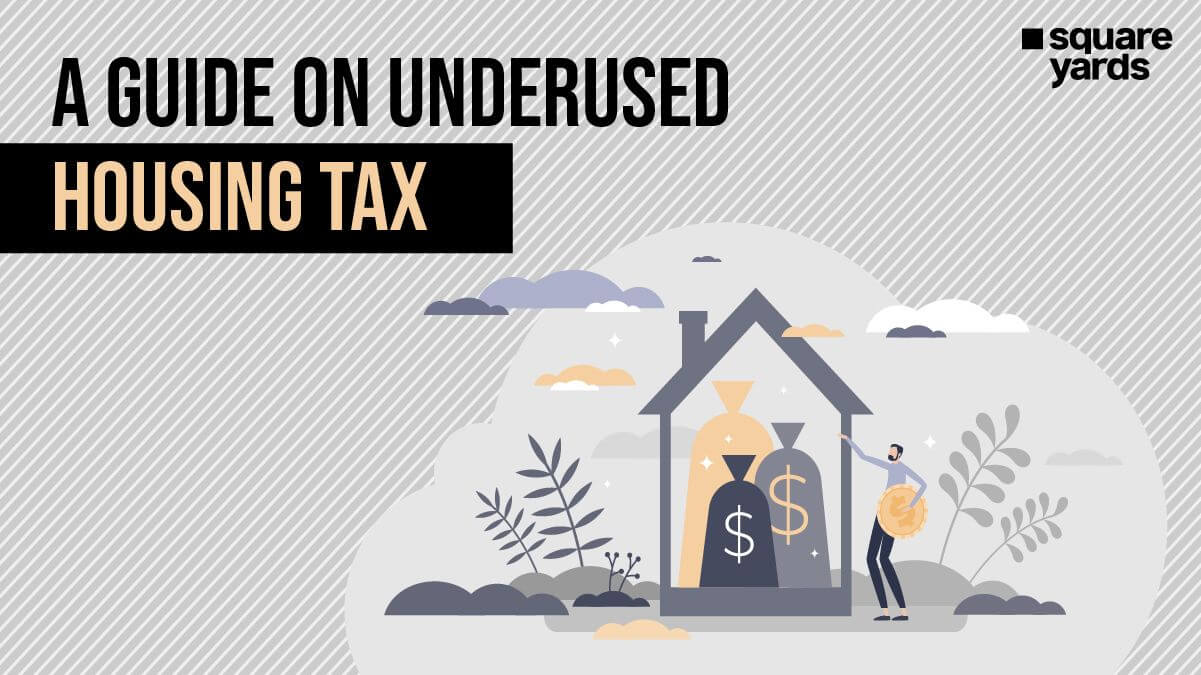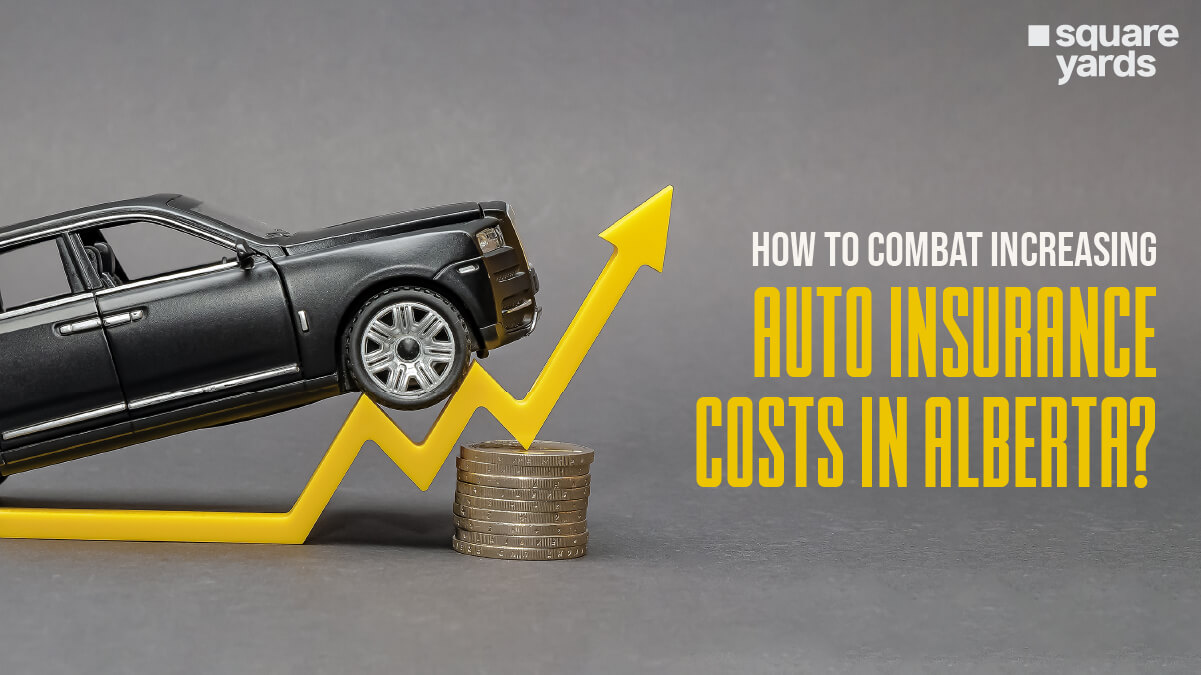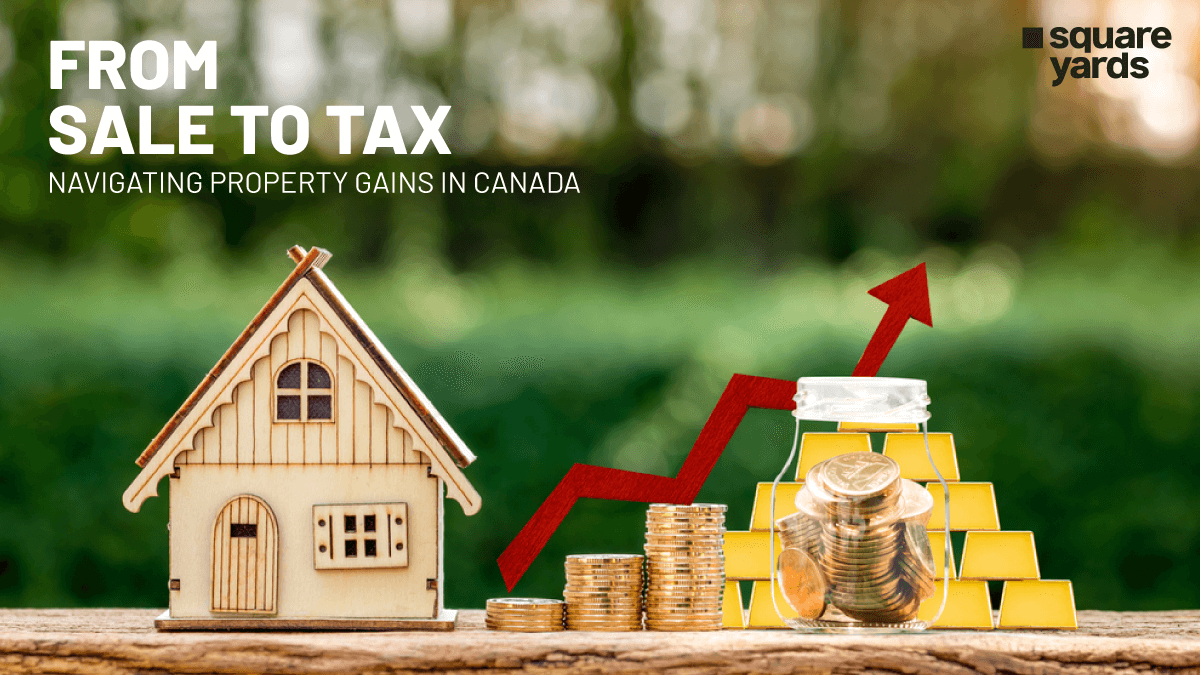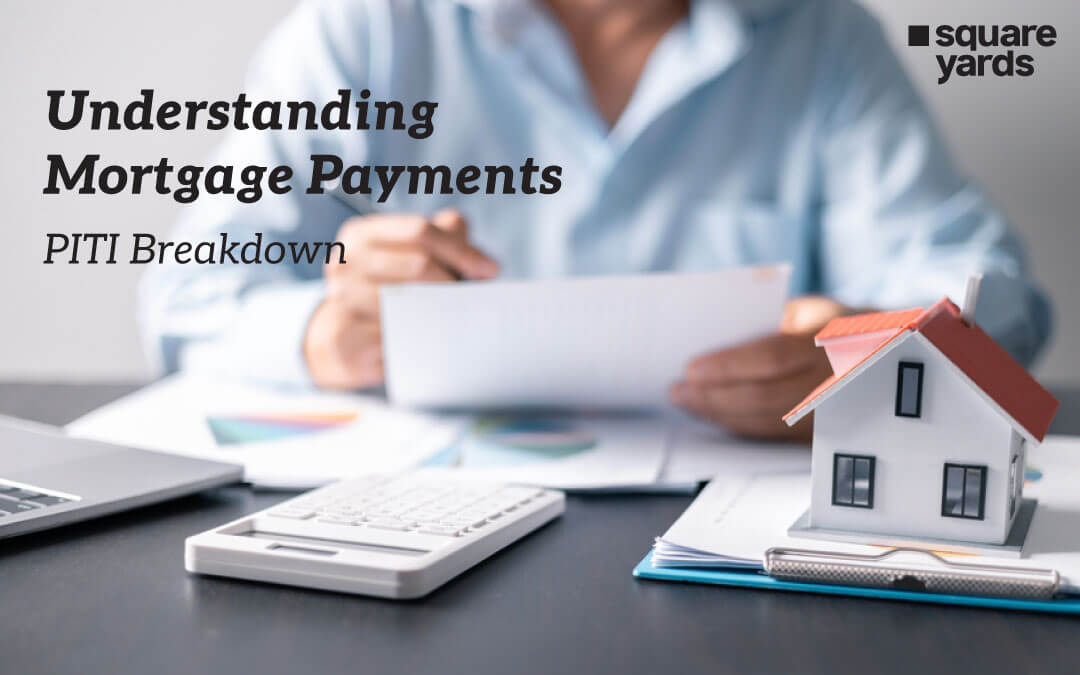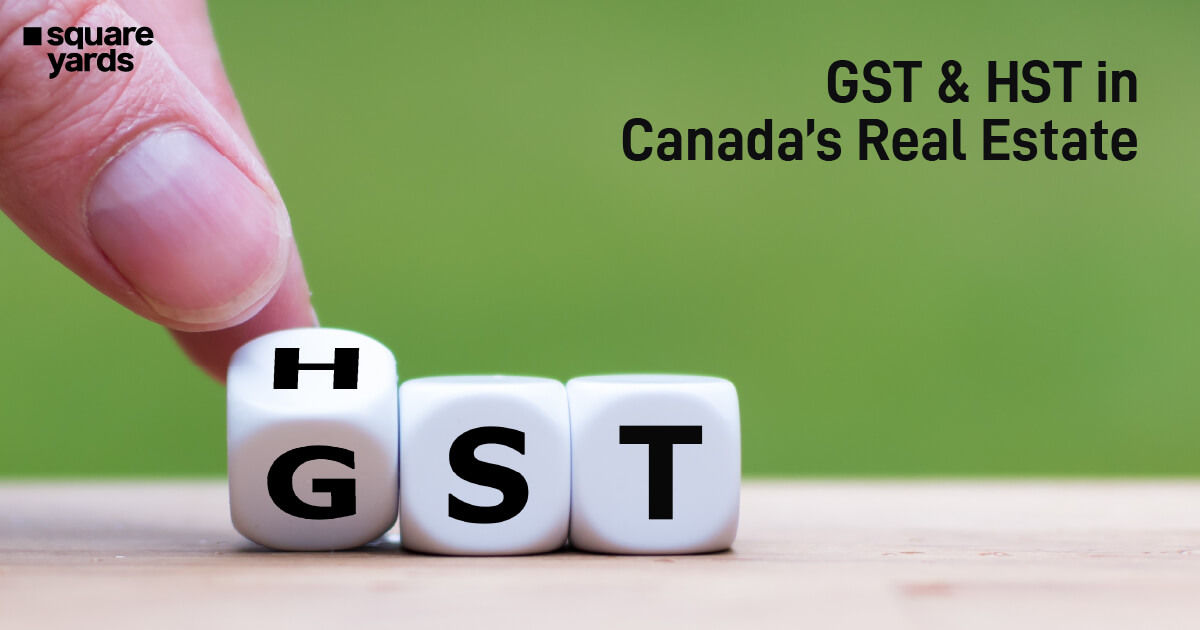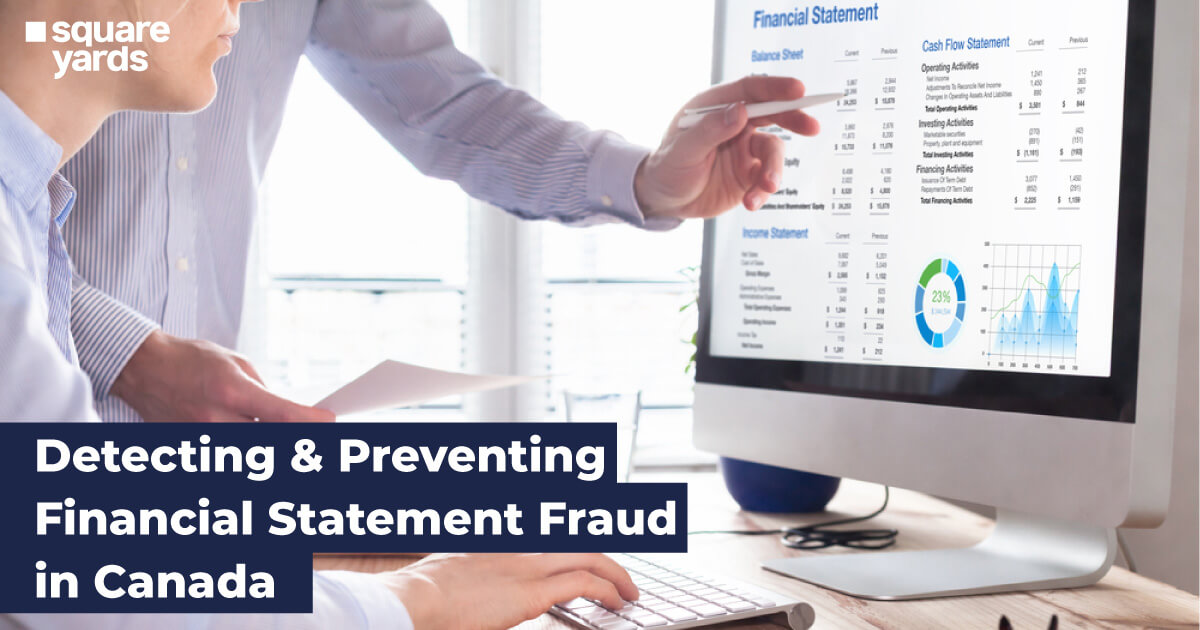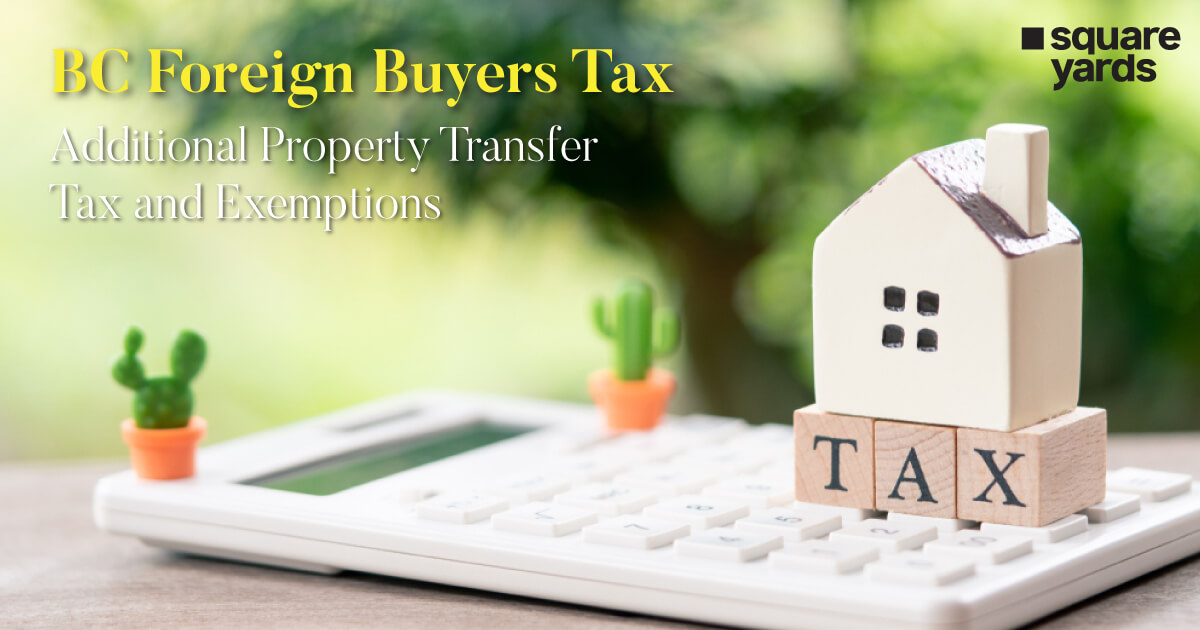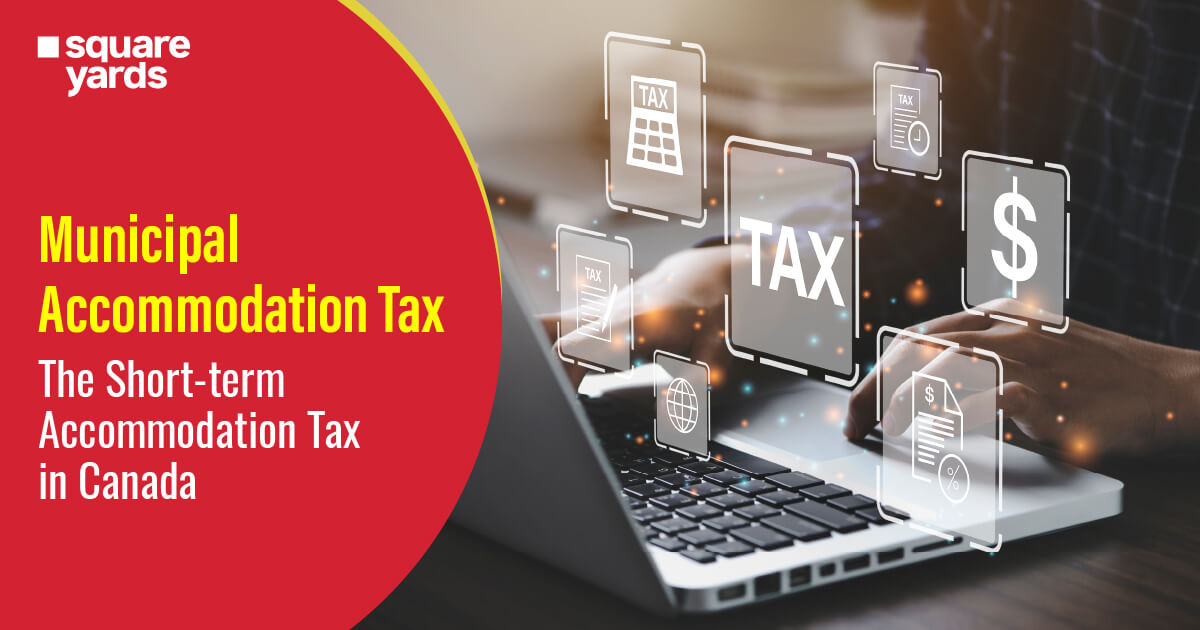The Underused Housing Tax, or UHT for short in Canada, is a relatively new regulation introduced to address the issue of underutilised residential properties, particularly those owned by non-resident, non-Canadian individuals and entities. This tax encourages the more efficient use of housing stock by imposing a 1% annual tax on the value of vacant or underused properties. However, the UHT has broader implications, as even some Canadian entities, including trusts, corporations, and individuals, must comply with the filing obligations. Understanding who must file, how to file, and the potential penalties for non-compliance is crucial for all property owners, as the consequences of failing to meet these obligations can be severe.
Let’s get into detail and understand everything about the underused housing tax in Canada.
What is the Underused Housing Tax Act?
The Underused Housing Tax Act is a legislative measure introduced to address the issue of vacant or underutilised residential properties, particularly in areas facing housing shortages. This tax is meant to encourage better use of housing by ensuring that properties are either rented out or occupied by their owners, thus helping people in need of housing. The act offers waivers for primary residences, rental properties that meet usage restrictions, and homes undergoing major renovations, but it mostly targets foreign owners or persons who own secondary residences. By imposing this tax, the government hopes to encourage greater housing supply and affordability in important urban centres.
Who Needs to File an Underused Housing Tax Return?

The UHT filing requirement is far-reaching, impacting non-resident and non-Canadian property owners and certain Canadian citizens and permanent residents who own residential properties. The filing obligation applies to all residential property owners in Canada as of December 31st of each year, including individuals, corporations, partnerships, and trusts.
Even if you qualify for an exemption from the Underused Housing Tax, you must still file a return. The Canada Revenue Agency has been clear in its enforcement, revealing that failing to file can lead to significant penalties, which can be particularly burdensome for those who might mistakenly believe they are exempt from these requirements.
How Can I File a Return for Underused Housing Tax?
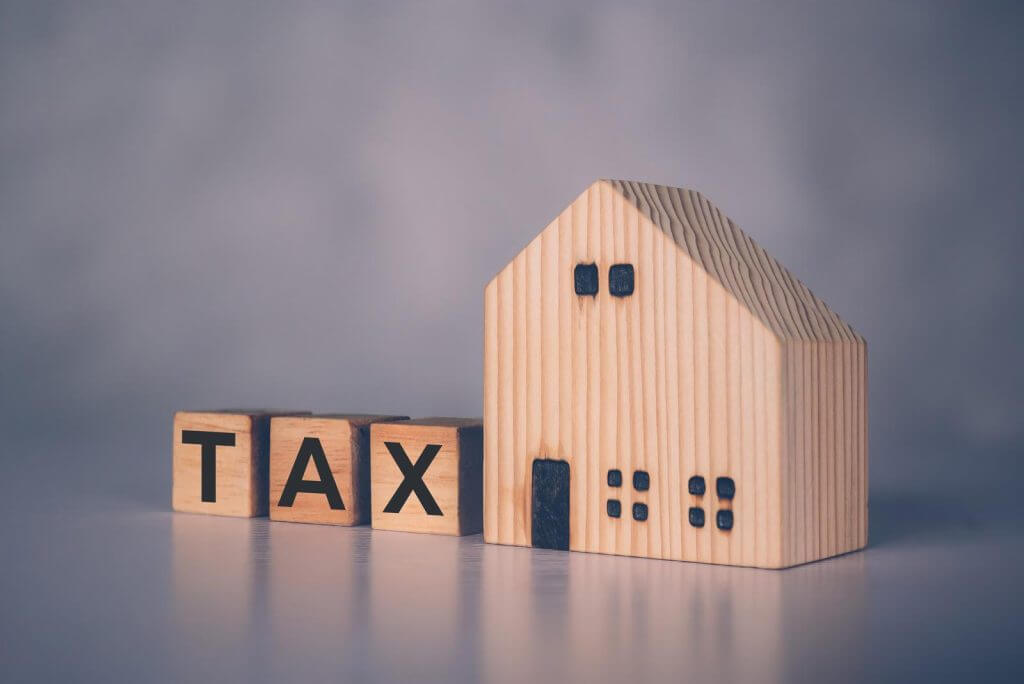
Filing a UHT return is a structured process facilitated through the Canada Revenue Agency’s (CRA) online portal or via paper submission. Property owners must complete specific forms that detail the nature of their ownership, the property’s usage, and any applicable exemptions. The filing process is relatively straightforward but demands accuracy and timeliness. The deadline for submitting the UHT return is generally set as April 30th of the following year. Meeting this deadline is essential to avoid the hefty penalties associated with late or missed filings. Even if a property owner believes they are exempt from the tax, filing a return is still mandatory to claim that exemption.
How Can I Sign Up To Submit A UHT Return?
Before filing an underused housing tax return, property owners must register with the CRA, specifically for a UHT program account. This registration can be completed online through the CRA’s secure portal or by submitting a paper form. The process requires the owner to provide information such as their Social Insurance Number or business number and details about the property. Once registered, the CRA issues an Underused Housing Tax Program account number for future filings. It’s important to complete this registration process well before the filing deadline to prevent delays in submitting the return.
How are Trusts Impacted by This?
Trusts holding residential properties are not exempt from the UHT filing obligations. Each trustee must file a separate UHT return for each property held in trust. The impact of underutilised housing tax on trusts is significant, as trusts that own multiple properties must file numerous returns, each detailing the specifics of the property and any claims for exemption. Trusts can be eligible for exemptions, such as if a beneficiary uses the property as a primary residence or is rented out for a substantial portion of the year. However, failing to file or incorrectly filing a UHT return can lead to severe penalties, underscoring the importance of compliance for trustees.
Penalty for Non-Compliance with Filing Obligations

The penalties for non-compliance with Underused Housing Tax filing obligations are stringent. Individuals who fail to file a return face a minimum penalty of CAD 5,000 per property per year. At the same time, corporations, partnerships, and trusts are subject to a minimum penalty of CAD 10,000 per property per year. It’s important to remember that these penalties apply whether or not any UHT is owed. In addition to financial penalties, not meeting the requirements can lead to audits and extra CRA scrutiny, making things more challenging for property owners. Given these risks, it’s crucial for all owners, even those who believe they are exempt from the tax, to ensure they file their UHT returns accurately and on time.
Exemptions from Tax Payment Under the Act
Despite being applicable everywhere, several inclusions may spare property owners from having to pay the Underused Housing Tax. Here are some of the exemptions:
-
- Property owners may be exempt from paying the Underused Housing Tax (UHT) under specific circumstances.
- Principal residences rented out for at least six months annually may qualify for exemptions.
- Exemptions also apply to properties owned by citizens or long-term residents who meet certain criteria.
- Homes in low-population density areas or those classified under particular categories by the CRA may also be eligible for exclusions.
- Property owners must still declare their exemption status by filing a UHT return, even if they qualify for exemptions.
- Failure to file an underused housing tax return, even when no tax is owed, may result in penalties.
In Summary
The Underused Housing Tax is a key part of Canada’s efforts to ensure homes are properly used, especially in busy urban areas. While it mainly applies to non-resident, non-Canadian property owners, all owners should be aware of the filing requirements. Understanding the rules to avoid facing heavy penalties, including registration and potential exemptions, is essential. By keeping on top of these obligations, owners can avoid fines and ensure they comply with the law without any hassle.
You May Also Read :
|
What is PITI in Real Estate |
|
|
Guide To GST And HST in Canada |
|
|
Calculate Property Taxes in Ontario |
|
|
All About Property Tax Bill in Canada |
|
|
Know About Income Tax in Canada |
Frequently Asked Questions (FAQs)
Who needs to file a UHT return?
Any individual, corporation, trust, or partnership that owns residential property in Canada as of December 31st of a given year must file a UHT return, even if they are exempt from paying the tax.
What are the penalties for not filing a UHT return?
Penalties for not filing can be severe, with individuals facing a minimum fine of CAD 5,000 per property and corporations or trusts facing a minimum of CAD 10,000 per property.
Are there any exemptions from the UHT?
Yes, exemptions exist for properties used as a primary residence, rented out for at least six months, or owned by Canadian citizens or permanent residents meeting specific criteria. However, even exempt properties require filing a return.
How do I register to file a UHT return?
Property owners must register with the Canada Revenue Agency (CRA) by obtaining a UHT program account number through the CRA’s online portal or by submitting a paper form before filing their return.

